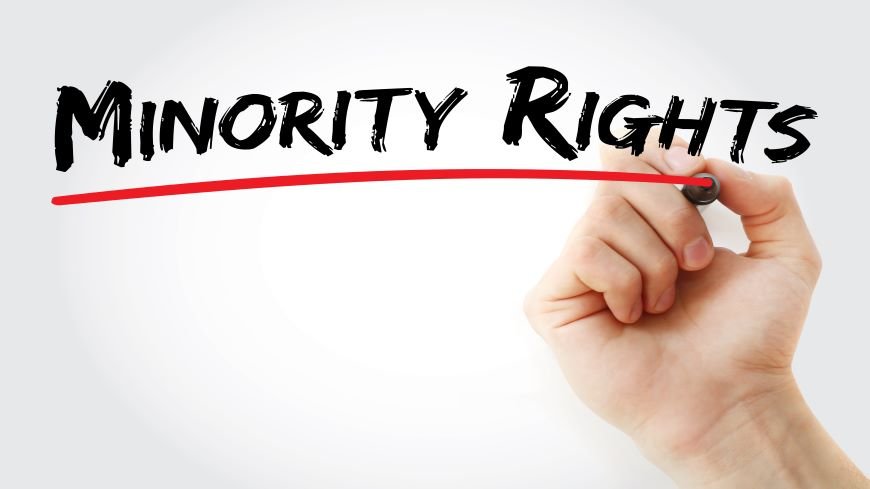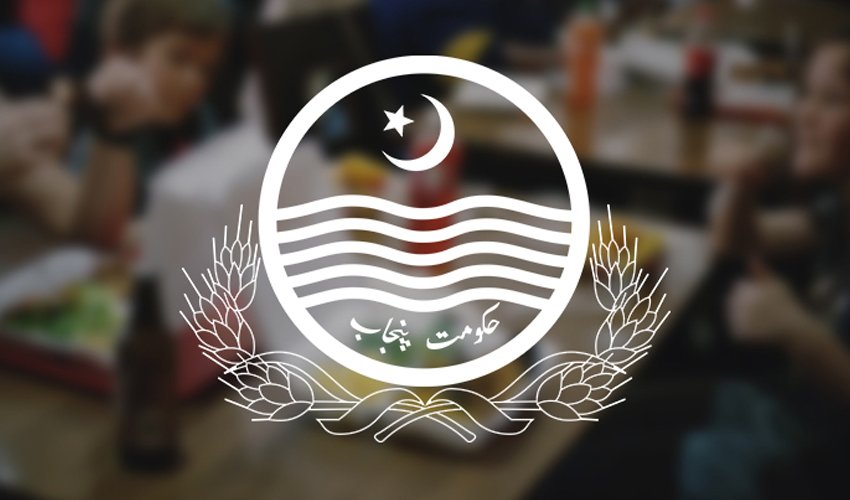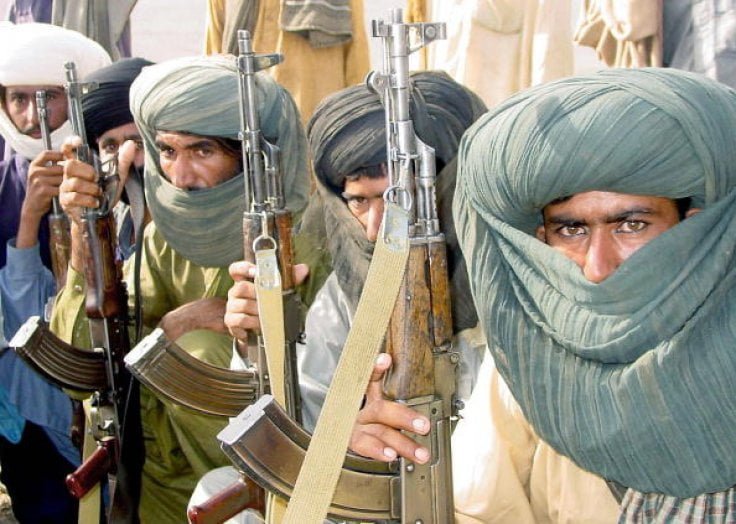Written by: Mehreen Gul
Minority rights in Pakistan is a complex and controversial topic. The Constitution of Pakistan and the teachings of Islam guarantee the human rights of minorities, including freedom of religion, expression and association. However, in practice, minorities face various forms of discrimination, violence and persecution by certain sections of society and the government. Authorities often fail to provide adequate protection or hold perpetrators accountable. The situation of minorities in Pakistan has been influenced by the historical, political and social factors that have shaped the country’s identity and ideology.
A major challenge for minority rights in Pakistan is the legal framework that defines who is a minority and what rights they have. According to the constitution of Pakistan, there are only religious minorities and no ethnic, linguistic or local minorities. Recent census data shows that religious minorities make up about 3.7 percent of the population, including Christians, Hindus, Ahmadis, Sikhs, Parsis, Buddhists and others. However, some groups, such as the Ahmadis, are declared non-Muslim by the constitution. Religious minorities, such as Christians and Hindus, and others face discrimination and violence, particularly under social practices and laws that are often misused to target them.
Another challenge to minority rights in Pakistan is the social and cultural context that promotes intolerance and extremism. Pakistan has seen many incidents of communal violence, terrorist attacks, and mob violence against minorities. For example, in 2020, a Hindu temple in Kirk district of Khyber Pakhtunkhwa province was vandalized and set on fire following a dispute over temple expansion. Such incidents show the lack of respect and protection for the rights and dignity of minorities in Pakistan and the influence of extremist ideologies that promote hatred and violence.
Don’t forget to Subscribe our Youtube Channel & Press Bell Icon.
However, despite these challenges, there are some positive developments and initiatives aimed at improving the situation of minorities in Pakistan. The Constitution of Pakistan provides certain protections and guarantees for the rights of minorities, such as representation of minorities in Parliament and provincial assemblies, establishment of a National Commission for Minorities, and provision of 5 percent quota for minorities in government jobs and educational institutions. The government has also taken some steps to address the grievances and demands of the minorities, such as rehabilitating and renovating minority places of worship, declaring public holidays for minority festivals, recognizing the Sikh Marriage Act, and recognizing Issue of
Additionally, civil society groups, human rights activists, lawyers, journalists, and minority leaders are advocating and campaigning for minority rights, raising awareness, providing legal aid, and challenging discriminatory laws and practices. have been. Some examples of such efforts are Citizens for Democracy, a coalition of civil society organizations working to reform laws. Human Rights Commission of Pakistan, an independent monitoring body that monitors and reports on human rights violations. and the Cecil and Iris Chaudhary Foundation, a non-governmental organization that facilitates education and empowerment of minority children and women.
Finally, minority rights in Pakistan are a matter of concern and debate, as minorities face various challenges and threats to their human rights but also have few opportunities and avenues to achieve justice and equality. The rights of minorities in Pakistan is not only a legal and constitutional issue but also a moral issue that requires the commitment and cooperation of all stakeholders including the government, judiciary, media, civil society and the majority community.

















